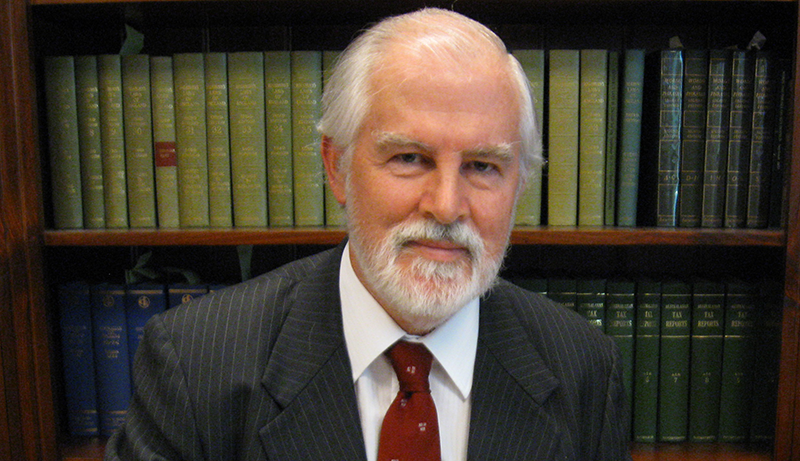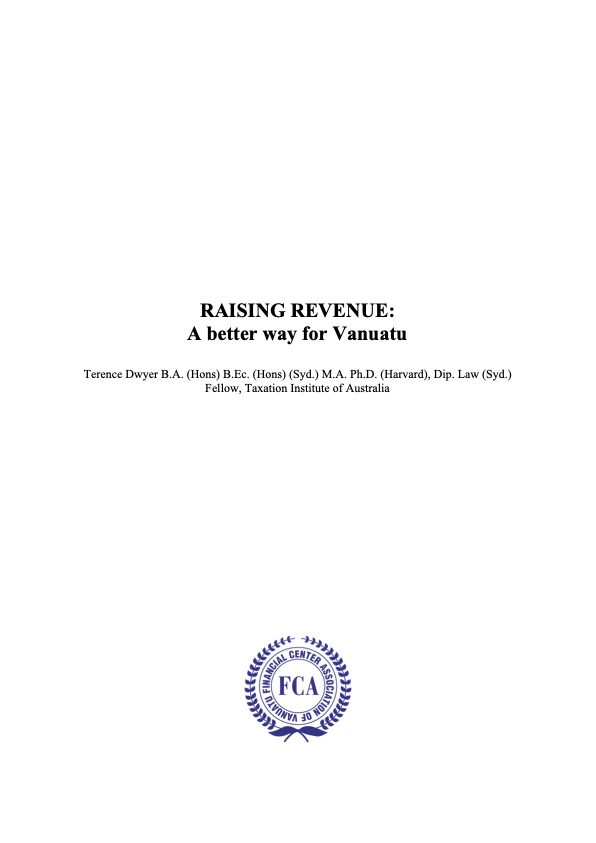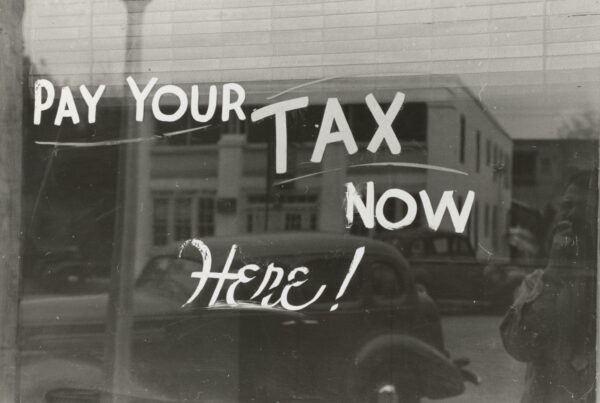Overview
All economic activity is just people producing and exchanging goods and services. It can be as simple as a man exchanging fish in return for a pig. It can be as complex as a multinational buying rare metals in Australia to fabricate mobile phones in China to sell in Europe. All economic activity is the result of Man acting with Nature. All goods and services are the product of Land, the Labour of Man and the Capital that Man has created to help him produce things. Economists talk of Land, Labour and Capital as the three factors of production, where Capital is a factor of production produced by Man. By Land, economics means all natural resources, town sites, agricultural or mineral lands, fishing grounds, electromagnetic spectrum et cetera.
The value of everything produced by land, labour and capital and which is shared between them by exchange becomes the rent of land, the wages of the labour and the profits on the capital used to the produce these goods and services. The whole national output of an economy necessarily is made up of the rent of land, the wages of labour and the profits of capital.
If a government is to derive a revenue, it must derive that revenue by claiming a part of the rent of land, of the wages of labour or the profits of capital. Fundamentally, there are only three things you can tax – land, labour or capital.
But two of these – labour and capital – only are put to production because of the voluntary actions of human beings. Only land exists and is available for use in production independently of the will of Man.
Therefore, over 250 years ago, the French Physiocrats, like John Locke, the English political philosopher, realised that a tax on the rent of land was uniquely efficient and could not be shifted by the landholder through any actions of his own. That is why they gave a tax on land rent the name l’impôt unique - the unique tax. Indeed, the theorem that a tax on land rent cannot be shifted was the first theorem ever discovered in economics and remains the oft-forgotten key to sensible tax policy.
All taxes are necessarily attempts by the State to claim a share of the rent of land, the wages of labour or the profits of capital. The secret of tax policy is therefore simple and can be summarised in one sentence:
There are only three things you can tax – land, labour or capital – and only one of them cannot demand higher wages, stop breeding, run away, emigrate, slack off, rust out, be hidden or taken elsewhere, so tax what you can, not what you cannot.

About the author
Dr Terry Dwyer did his Honours Arts degree at Sydney University majoring in Latin Pure Mathematics and his Honours Economics degree majoring in Economic Theory and Economic Statistics. He did his PhD in Economics at Harvard University on a Harkness Fellowship where noted public finance scholars Professors Richard Musgrave, Martin Feldstein and Arthur Smithies were his thesis supervisors and examiners. Professor Feldstein later served as Chairman of the President’s Council of Economic Advisers. While at Harvard University he was awarded the Joseph A Schumpeter Fellowship in 1979 and taught a Public Finance class for a fellow student, Mr Larry Summers, later Secretary of the United States Treasury.
On returning to Australia he served as a Senior Finance Officer in the Tax Policy Branch of the Australian Federal Treasury and later Senior Adviser in charge of the Taxation and Income Security Section of the Department of the Prime Minister and Cabinet. His duties in the latter role included writing Cabinet briefing notes on taxation and social security measures. He also served as an adviser and notetaker during the National Tax Reform Summit of 1985 and the accompanying Cabinet discussions. Dr Dwyer later transferred as a Principal Researcher to the Office to the Economic Planning Advisory Council where he co-authored papers on taxation and incentives and the economics of an ageing population.
Upon leaving public service, Dr Dwyer advised various government and private corporations as to taxation matters and wrote on taxation and economic regulation issues for a variety of clients including the Business Council of Australia and its Tax Committee on tax policy, international competitiveness, comparative living standards and infrastructure financing, as well as the Rural Industries Research and Development Corporation. Dr Dwyer and his firm also advised the ACT Government on legislation for the introduction of limited liability partnerships and advised the New South Wales Government on the potential uses and tax treatment of such partnerships.
Dr Dwyer also served as Private Secretary and economic adviser to independent Tasmanian Senator Brian Harradine in the Australian Senate, in which capacity he provided advice on a wide range of economic issues including tax policy, general economic and competition policy and privatization of public utilities, such as Telstra. As well as managing meetings and correspondence with Departmental officials, as private secretary, he had to direct the drafting of amendments to Government legislation and prepare Parliamentary speeches.
He has been a Visiting Fellow at the National Centre for Development Studies at the Australian National University and in that capacity visited the Pacific Islands, Malaysia, Brunei, Singapore and Hong Kong in the course of researching and lecturing on domestic and international tax issues. Since 2008 he has practised as a lawyer in his own firm specialising in tax matters.
He has written critically on the OECD and international tax issues since the 1998 publication of Harmful Tax Competition: An Emerging Global Issue and was invited by the Government of Samoa to attend the OECD Tokyo consultation with the Pacific Islands in February 2001 as a member of the Samoan delegation.
The views expressed in this paper are his own and not necessarily, but hopefully, shared by others.






